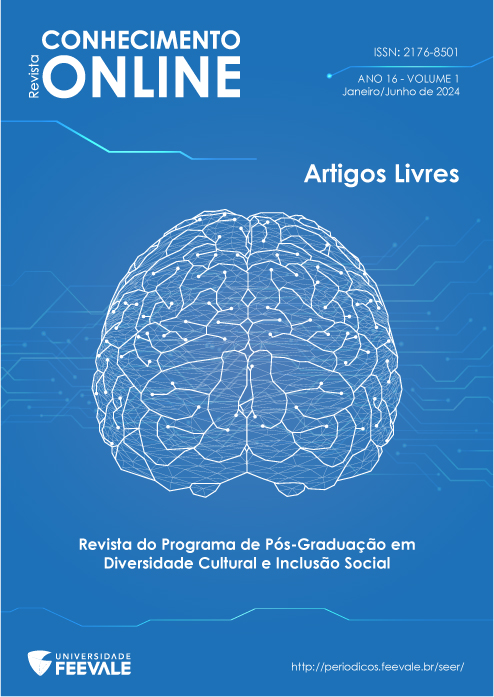DIALÉTICA DA DEPENDÊNCIA E A EMANCIPAÇÃO POLÍTICA DA AMÉRICA LATINA
DOI:
https://doi.org/10.25112/rco.v1.3405Keywords:
América Latina, Capitalismo, Dependência, Metrópole, PeriferiaAbstract
The main objective of the work is to analyze the material conditions and Latin American dependence, as well as the reflections and elaborations around underdevelopment, in the face of the guidelines and compasses of the world capitalist system and its relations in the face of potential political emancipation in Latin America. The relevance of emancipation as a determining foundation for beyond the political survival of a State supplements the independent and autonomous advance in the combative advent of international interference and exploratory influences. In order to have reasonableness and explanation, both historical and political-economic, it is important to carry out an in-depth investigation and analysis of the exploitative dynamics and, consequently, of the ramifications arising from these for the configuration of Latin America in the face of the world capitalist system. As an adjunct theoretical framework, methodologically complementary to the research premise, the analysis of the works "Dialectics of Dependence" and "Development of Underdevelopment", both from the Marxist theoretical strand of dependence (of secondary bibliographic nature) - by Ruy Mauro Marini and André Gunder Frank – in order to understand and elucidate the dynamics of the given relations between center/metropolis and periphery/satellite. It could be concluded that without overcoming the overexploitation of work and unequal exchanges, the condition of dependence and underdevelopment in Latin America tends to remain, in opposition to the visible Political Emancipation.
Downloads
Published
How to Cite
Issue
Section
License
Copyright (c) 2024 Lucas Padilha Pereira Silva, Bruno Vicente Lippe Pasquarelli

This work is licensed under a Creative Commons Attribution 4.0 International License.
• Os autores mantêm os direitos autorais e concedem à revista o direito de primeira publicação com o trabalho licenciado sob a Licença Creative Commons - Attribution 4.0 International (CC BY 4.0).
• Os autores são estimulados a publicar e distribuir seu trabalho online (ex.: em repositórios institucionais ou na sua página pessoal), pois isso pode aumentar o impacto e a citação do trabalho publicado.


